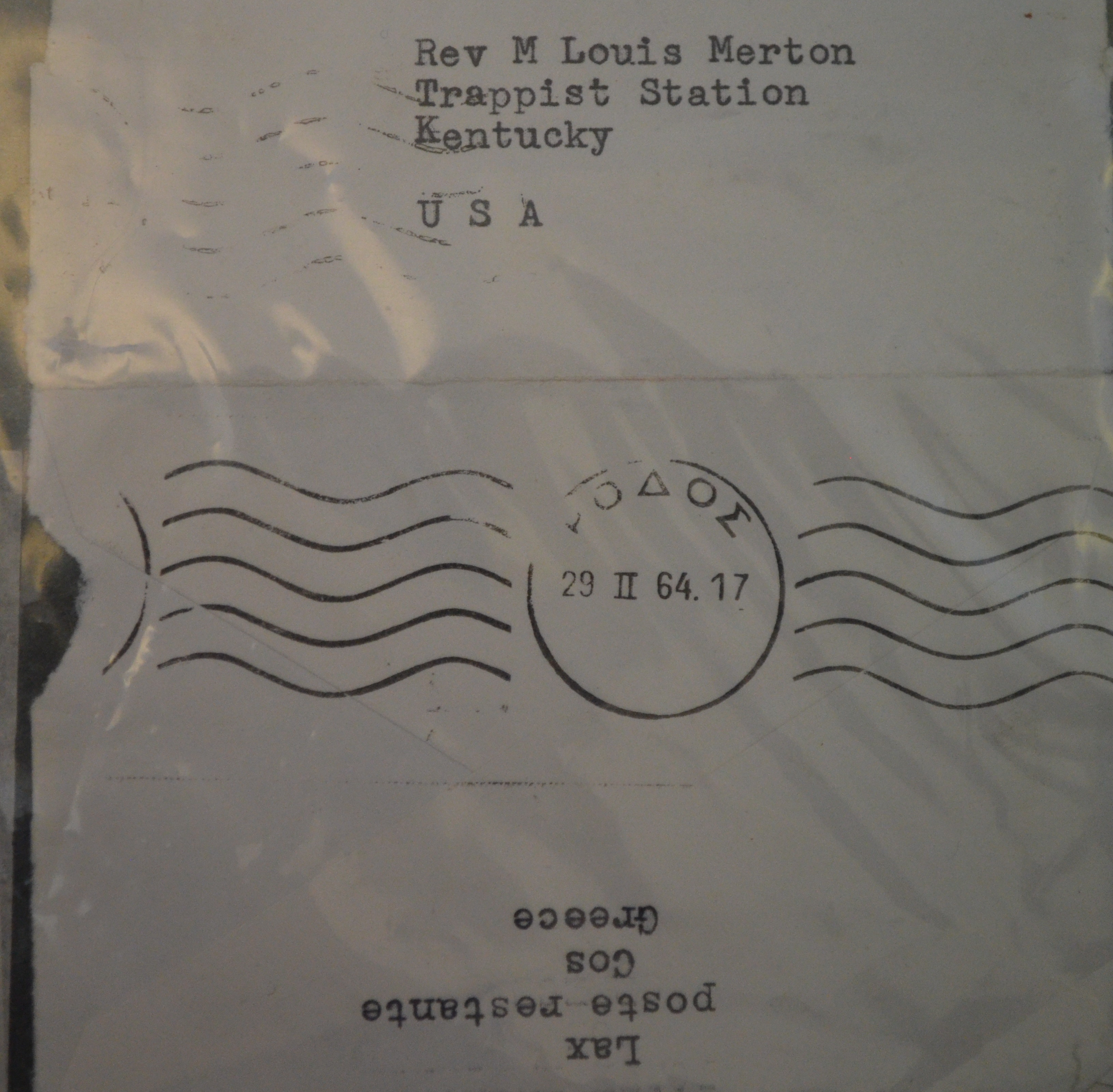The publication of Pure Act: The Uncommon Life of Robert Lax, on September 1 this year, marks the culmination of 14 years of research and writing about the most extraordinary man I’ve ever known. I met Lax on the Greek island of Patmos in 1985, when I was 27 and he was 69, and exactly how we met was extraordinary too. (You’ll find that story in my book. ) We became friends immediately and he impressed me from the first, but I didn’t consider writing about him until ten years later.
Even then, I wrote only a single article. It ended up in Poets & Writers, though, as my first national publication, and the response made me think his story might interest others too. I wrote only two other pieces on him before he died in 2000, but in 2001, having become a professor of nonfiction writing, I thought I should probably write a nonfiction book. (I’d pinned my publication hopes on a novel before that.) Pure Act was the result.
Never having written a biography, I gave myself three years. But Lax was not a man who moved swiftly and it seemed a book about him was destined to develop slowly too. My first research trip to his hometown of Olean, NY, where one of his archives is located, was interrupted by 9/11. The next time I went there, the TV was filled with news of Abu Ghraib. My first visit to his other archives, at Columbia University in New York City, was tragedy-free, but when I returned the following year, having secured a friend’s apartment for a full month, I ruptured my Achilles playing basketball my first day there. I had to return home and wait the long months for it to heal.
During the years I worked on Pure Act, the U.S. entered and ended two wars and I suffered not only an Achilles rupture but a torn meniscus, a shattered kneecap and more cuts and aches requiring stitches or physical therapy than I want to admit. I took comfort only in hearing other biographers say their projects had taken as long or longer.
I want to warn anyone thinking of starting a biography to do something–anything–else. Something you can finish in a year…or five. But then I think of the exciting discoveries I made in letters and journals no one but Lax had read. And the ways being steeped in his ideas and decisions influenced my own thinking, even the course of my life. And the people I met who told me intimate and heartfelt things they’d never said to anyone.
Writing about a person’s life means lifting and holding things fragile, ephemeral and precious. You probably shouldn’t hurry with actions like that. You shouldn’t be anxious to have them end either. Even if your reward is a book, solid and heavy in your hands.
